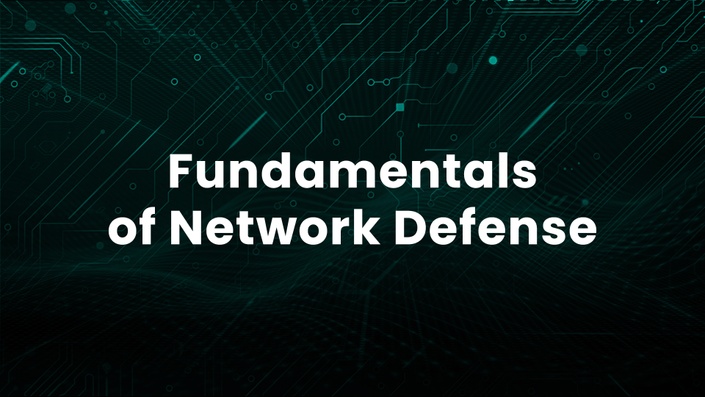Introduction
In today's digital world, every post, comment, or share can have long-term consequences. Whether on social media, blogs, or messaging apps, it's crucial to think before you post to avoid misinformation, privacy risks, and reputational damage.
Why is It Important to Think Before You Post?
✔️ Permanent Digital Footprint – Once something is online, it can be difficult to remove.
✔️ Reputation Management – A single careless post can harm your personal or professional image.
✔️ Cybersecurity Risks – Oversharing can make you vulnerable to hacking, identity theft, or scams.
✔️ Legal Consequences – Defamatory or harmful content can lead to legal action.
✔️ Impact on Others – Posts that spread hate, rumors, or misinformation can hurt individuals and communities.
Things to Consider Before Posting
- Is It True?
- Fact-check your information before sharing to prevent the spread of fake news.
- Is It Necessary?
- Not everything needs to be posted. Ask yourself if sharing adds value.
- Is It Kind?
- Avoid posting anything offensive, disrespectful, or harmful to others.
- Is It Private?
- Never share sensitive personal information like addresses, passwords, or financial details.
- Could It Affect My Future?
- Employers, schools, and even potential partners may look at your online history. Think about how your post reflects on you.
Best Practices for Smart Posting
✅ Keep personal and professional accounts separate.
✅ Avoid posting when emotional or angry.
✅ Be mindful of cultural and social sensitivities.
✅ Use privacy settings to control who sees your content.
✅ Regularly review and clean up old posts that may no longer represent you.
Example Curriculum
The curriculum block is dynamic. As you add curriculum to your course, you'll see it automatically populate here.
Featured Products
Showcase other available courses, bundles, and coaching products you’re selling with the Featured Products block to provide alternatives to visitors who may not be interested in this specific product.




